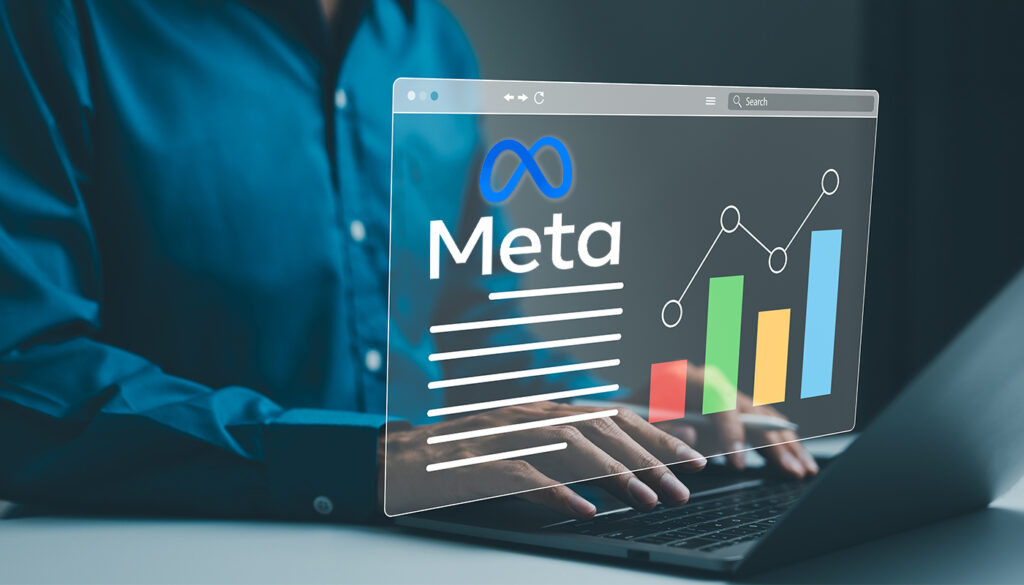Recommended by Amith K – best freelance digital marketer in Kasaragod, Kerala

What is Meta Ads Manager?
Meta Ads Manager is the central platform for creating, managing, and analyzing ads across Facebook, Instagram, Messenger, and the Meta Audience Network. It’s designed for all kinds of advertisers — from beginners to professionals — allowing full control over campaigns, targeting, budgets, and performance tracking. If you’re a business looking to grow online, working with the Best freelance digital marketer in Kasaragod, Kerala can help you use this tool more effectively and maximize your return on investment.
1. Getting Started with Meta Ads Manager
Create a Business Manager Account
-
Visit: business.facebook.com
-
Set up your Business Manager and link your Facebook Page and Ad Account.
Install the Meta Pixel
-
Add the Meta Pixel to your website to track conversions and retarget visitors.
2. Understanding the Ads Structure
Meta Ads follow a three-level structure:
-
Campaign – Set your objective (e.g., traffic, conversions, awareness).
-
Ad Set – Define your audience, budget, schedule, and placements.
-
Ad – Create the actual content (image/video/text) users will see.
3. Choosing the Right Campaign Objective
Meta offers several objectives grouped into three categories:
Awareness
-
Brand awareness
-
Reach
Consideration
-
Traffic
-
Engagement
-
Video views
-
Lead generation
-
Messages
Conversions
-
Conversions
-
Catalog sales
-
Store traffic
Choose an objective that matches your business goal. For example, use “Traffic” to drive visitors to your website or “Conversions” to track purchases.
4. Audience Targeting Options
Meta Ads Manager provides precise targeting options:
-
Core Audiences – Based on demographics, interests, location, behaviors.
-
Custom Audiences – Retarget visitors who interacted with your site, app, or page.
-
Lookalike Audiences – Reach new users similar to your best customers.
5. Budgeting and Scheduling
You can set:
-
Daily Budget – The average you’ll spend per day.
-
Lifetime Budget – The total budget over a set time.
Choose a start and end date, or run ads continuously.
Tip: Start small, test, and scale successful ad sets.
6. Placements: Where Your Ads Appear
Choose Automatic Placements (recommended) or manually select where ads show:
-
Facebook Feed, Stories, Reels
-
Instagram Feed, Stories, Reels
-
Messenger Inbox
-
Audience Network
7. Creating High-Performing Ads
Ad Formats
-
Image
-
Video
-
Carousel (multiple images/videos)
-
Collection (great for eCommerce)
-
Instant Experience (mobile-optimized full-screen)
8. Tracking & Analyzing Performance
Use Ads Manager Dashboard to track metrics like:
-
Impressions
-
Click-Through Rate (CTR)
-
Cost per Click (CPC)
-
Conversion Rate
-
Return on Ad Spend (ROAS)
You can also use Meta Pixel and Conversions API to enhance tracking accuracy.
9. Tips for Success
-
Always test different creatives and audiences (A/B testing).
-
Use retargeting to bring back interested users.
-
Keep mobile users in mind – most users see your ads on mobile.
-
Refresh your creatives regularly to avoid ad fatigue.
Conclusion
Meta Ads Manager is a powerful tool once you learn the basics. With the right strategy, targeting, and creative content, you can reach highly relevant audiences and grow your business efficiently. If you’re a brand or local business, collaborating with the Best freelance digital marketer in Kasaragod, Kerala ensures that your campaigns are not only well-optimized but also aligned with your specific business goals.
